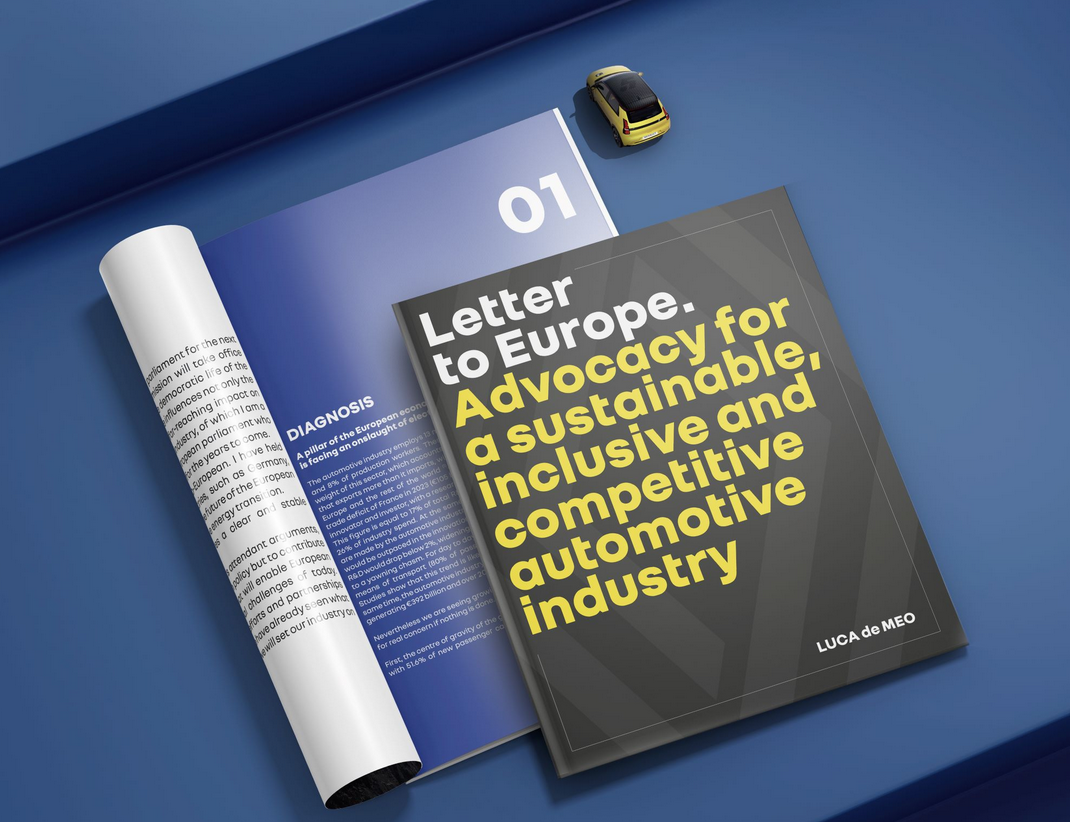
Renault CEO Luca de Meo writes a ‘Letter to Europe’

With the European elections in view and the future of the European automotive industry as its biggest cocern, Renault CEO Luca de Meo writes a ‘Letter to Europe’ /Renault
Renault Group CEO (and current ACEA President) Luca de Meo has addressed a 'Letter to Europe' to "all key decision-makers and stakeholders a


Comments
Ready to join the conversation?
You must be an active subscriber to leave a comment.
Subscribe Today